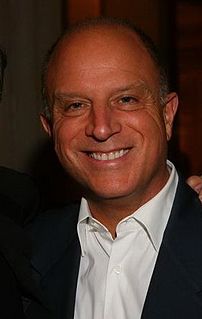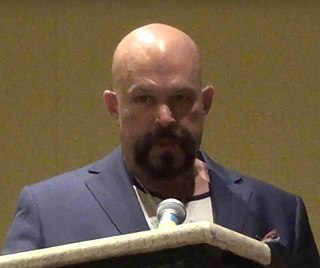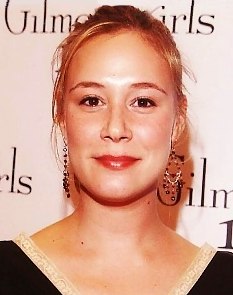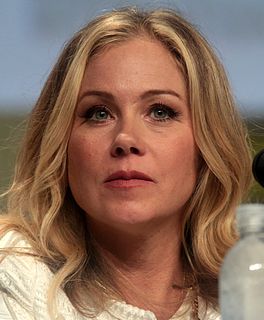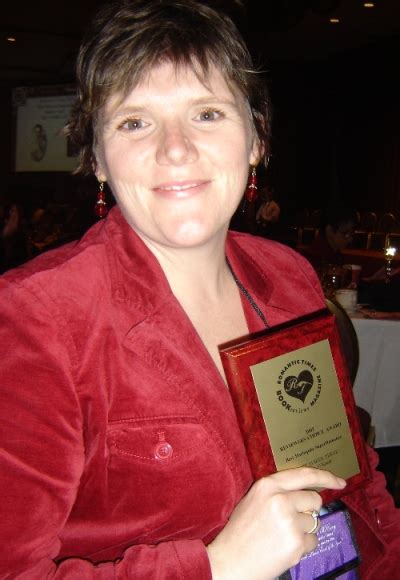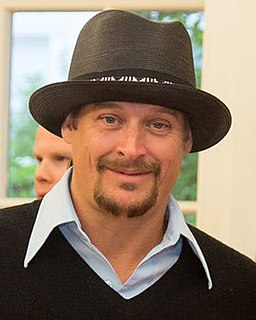A Quote by Ted Sarandos
There's not a lot of really great, deep, serialized television, and we can see from the data that that's what people want.
Quote Topics
Related Quotes
I really learned that, when I got into television, I really learned the power, how deeply it affects people to see themselves on television, to see something that they can relate to, that they feel is like them in some way; people feel validated. Its not a little thing. It really means a lot to people. It actually can change people.
I like to multitask. I love the process of the storytelling in television. I love the serial. Even my stab at doing a procedural show was still very much serialized. I'm such a serialized storyteller. I feel like the story never ends. I want it to go and go and go. However, with cable and streaming now it's endless. You can do anything.
When you're an engineer, you want to analyze things a lot. But if you believe that the most important data points are people, then you have to make conclusions in relatively short order. Because you want to push the people who are doing great. And you want to either develop the people who are not or, in a worst case, they need to be somewhere else.
I think poets are supposed to be writing for television and film. I grew up in the day of early TV that was so raw and funny, and I think we're in the next important moment of television, where it's really telling the epic of the culture like Charles Dickens was doing in the 19th century with his serialized novels.
With a mammogram - as great as they are, and they do save a lot of lives - if you have very dense breasts, it really can't see if there is something in there. There are other tests, including an MRI, that can really go into the tissue and really see cell formation and hot spots, and that's what you want to see before it becomes a tumor.
The interesting thing about a lot of serialized television is that it's a blessing and curse. Smart writers really take their time in investing in backstories and characters. As a viewer, you have to invest in them and love them before you can chip away at what's going on more on a deeper level with secondary characters.
Reality television paints a simple black-and-white world of good characters and bad characters; people we want to root for and people we want to see ruined. There is none of the gray ambiguity that colors real life. I no longer watch a lot of reality television, but sometimes I can't look away from 'Honey Boo Boo.' I just can't.
The USA Freedom Act does not propose that we abandon any and all efforts to analyze telephone data, what we're talking about here is a program that currently contemplates the collection of all data just as a routine matter and the aggregation of all that data in one database. That causes concerns for a lot of people... There's a lot of potential for abuse.


